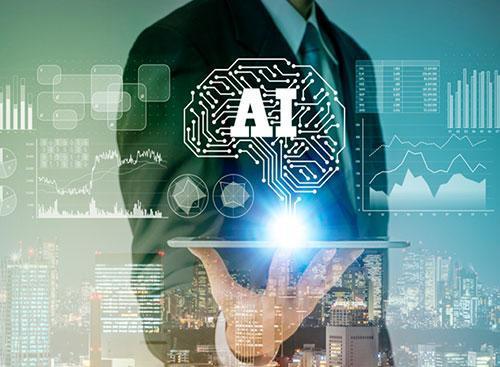AI Evolution 2024
In 2024, the evolution of artificial intelligence (AI) has been marked by significant advancements across various domains, ranging from improved natural language processing to enhanced machine learning algorithms. These developments have been propelled by a combination of increased computational power, refined data collection techniques, and innovative algorithms.
One notable area of progress is in natural language processing (NLP). AI systems have become more adept at understanding and generating human-like language, making interactions with technology more seamless. This evolution is evident in virtual assistants, chatbots, and language translation services, which now demonstrate a deeper understanding of context, nuances, and colloquial expressions.
Machine learning algorithms, the backbone of many AI systems, have undergone substantial refinement. This progress is attributed to the utilization of larger and more diverse datasets, enabling models to generalize better and handle complex tasks. Advanced neural networks, such as transformer architectures, have become prevalent, leading to breakthroughs in image recognition, speech synthesis, and recommendation systems.
The field of computer vision has seen remarkable advancements. AI models now exhibit an enhanced ability to recognize and interpret visual information, surpassing human accuracy in certain tasks. This has implications across various industries, from healthcare with improved diagnostic capabilities to autonomous vehicles that rely on accurate perception of their surroundings.
Ethical considerations in AI have gained prominence, with a growing emphasis on responsible AI development. Efforts have been made to mitigate biases in AI algorithms and ensure fair and transparent decision-making processes. Society has become more aware of the potential ethical challenges posed by AI, fostering discussions around accountability, privacy, and the societal impact of intelligent systems.
AI has found extensive applications in healthcare, where it aids in disease diagnosis, drug discovery, and personalized treatment plans. The integration of AI-driven technologies has led to more efficient and accurate medical procedures, ultimately improving patient outcomes.
In the realm of autonomous systems, there have been notable strides in robotics and self-driving vehicles. These AI-powered machines exhibit enhanced decision-making capabilities, navigating complex environments with a heightened level of safety. This progress is reshaping industries reliant on automation, from manufacturing to logistics.
The fusion of AI with edge computing has brought about decentralized intelligence, allowing devices to process data locally without relying heavily on cloud resources. This not only reduces latency but also addresses privacy concerns associated with centralized data processing.
The collaboration between humans and AI has evolved, with an increasing focus on augmenting human capabilities rather than replacing them. AI systems are designed to work alongside humans, assisting in complex tasks, decision-making, and problem-solving. This collaborative approach enhances productivity and efficiency across various professions.
Education has witnessed a transformation with the integration of AI technologies. Personalized learning experiences, adaptive tutoring systems, and automated grading have become commonplace, catering to individual student needs and fostering a more engaging educational environment.
While these advancements bring about numerous benefits, they also raise ethical and societal challenges. The responsible development and deployment of AI systems remain a critical focus to ensure that technology aligns with human values and societal well-being. Striking a balance between innovation and ethical considerations will be pivotal in shaping the trajectory of AI evolution in the years to come.






